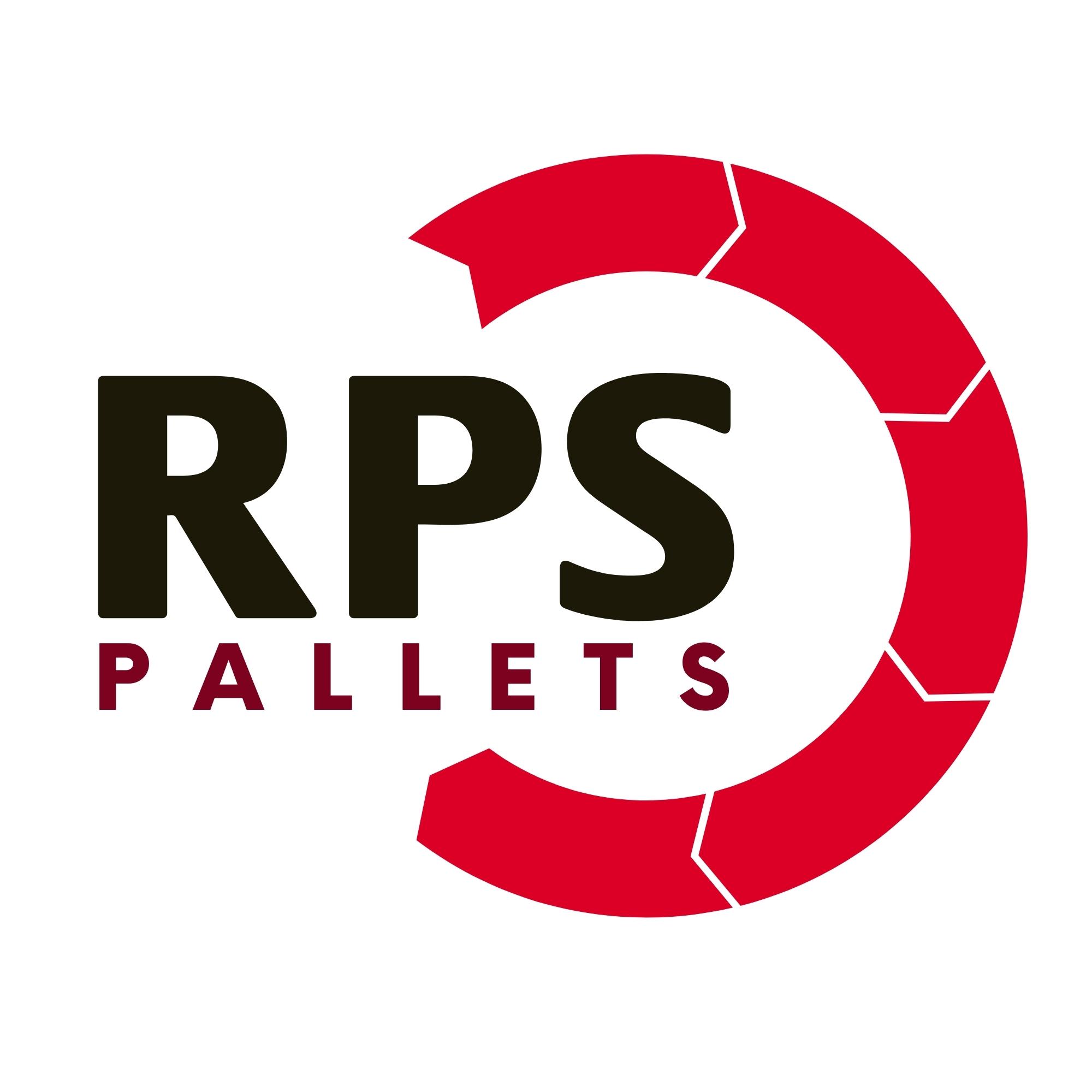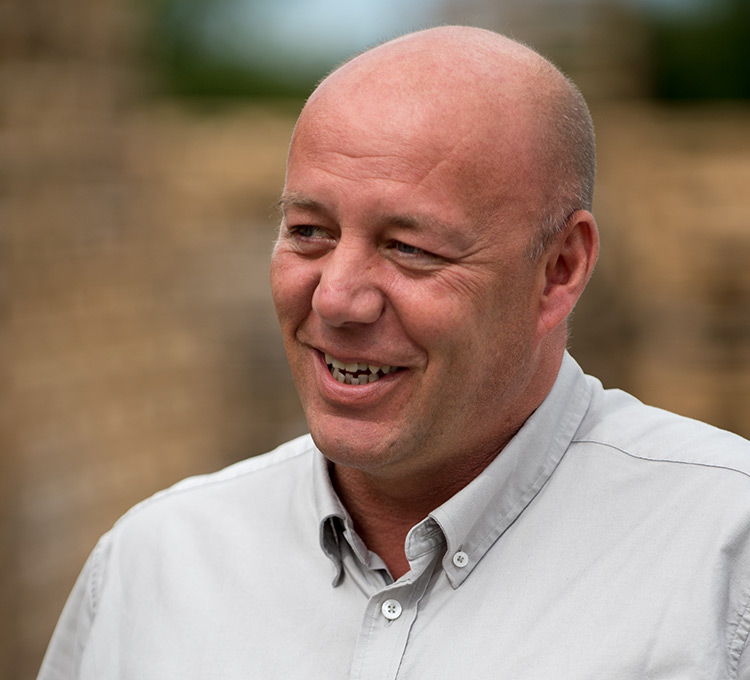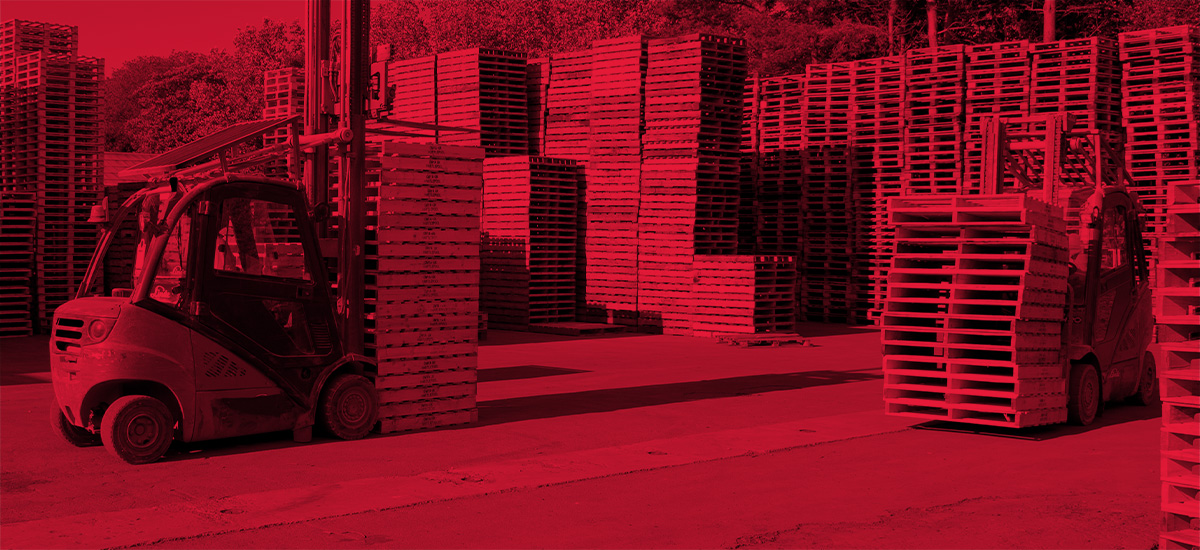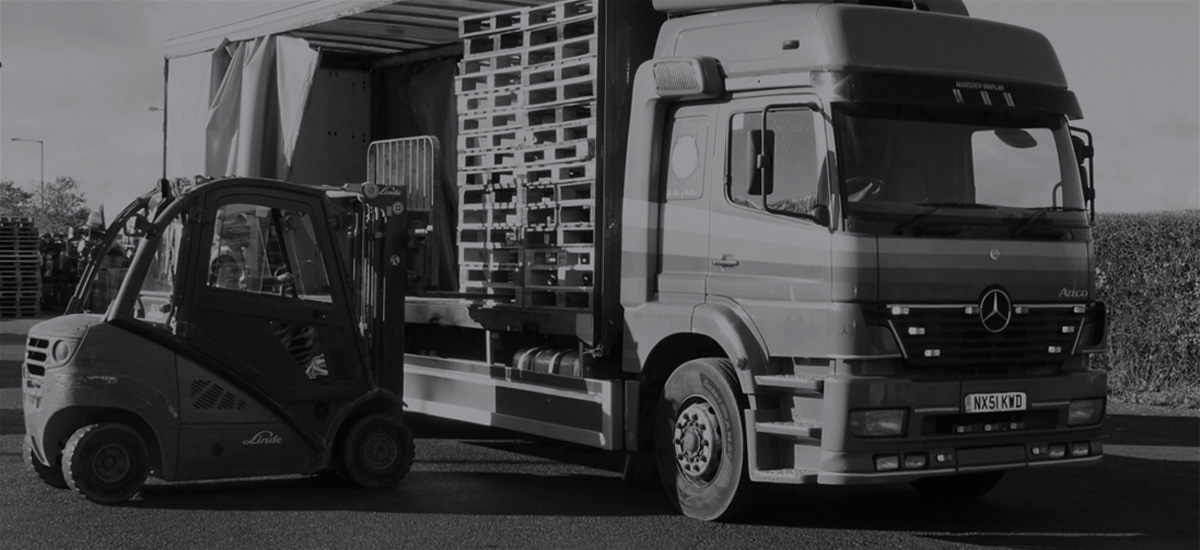Defra have now completed the 2012 review of the Waste Hierarchy Guidance which comes before the publication of the revised Waste Hierarchy Guidance at the end of this year, or early 2013.
The current guidance, as documented on the Defra website, details the basis of the Waste Hierarchy including life-cycle assessment. The review will also include other forms of life-cycle thinking including ecological foot-printing, as well as guidance on non-hazardous materials or products than those already included.
Currently, prevention is at the top of the priority order for the Waste Hierarchy, followed by re-use, recycling, other recovery and disposal. Each are positioned in descending order of environmental preference. With regards to how RPS can help your business comply with the Waste Hierarchy, please see the following definitions below, as quoted on the Defra website:
‘prevention’ means measures taken before a substance, material or product has become waste, that reduce:
(a) the quantity of waste, including through the re-use of products or the extension of the life span of products; (b) the adverse impacts of the generated waste on the environment and human health; or (c) the content of harmful substances in materials and products;
‘re-use’ means any operation by which products or components that are not waste are used again for the same purpose for which they were conceived;
‘preparing for re-use’ means checking, cleaning or repairing recovery operations, by which products or components of products that have become waste are prepared so that they can be re-used without any other pre-processing;
‘recycling’ means any recovery operation by which waste materials are reprocessed into products, materials or substances whether for the original or other purposes. It includes the reprocessing of organic material but does not include energy recovery and the reprocessing into materials.
‘recovery’ means any operation the principal result of which is waste serving a useful purpose by replacing other materials which would otherwise have been used to fulfill a particular function, or waste being prepared to fulfill that function, in the plant or in the wider economy.
‘disposal’ means any operation which is not recovery even where the operation has as a secondary consequence the reclamation of substances or energy. RPS can help your business in the majority of sections of the hierarchy.
Re-use – RPS can collect your transit packaging and return the packaging items back to your business for them to be used again “for the same purpose for which they were conceived.”
Preparing for re-use – RPS will repair all pallets, clean all FIBCs, use our IPS network to refurbish drums and IBCs and inspect all packaging to make sure it is fit for re-use by your business.
To give your business added confidence, RPS can guarantee that none of the packaging we collect will be disposed of if it fit for re-use, recycling or recovery. First and foremost, if the packaging item can be re-used it will be. On the other hand, all excessively broken pallets are sent to a biomass energy recovery station. Any excessively damaged FIBCs, beyond repair and re-use, are baled and sent to a reprocessor who recycles the material to create kerbside grit boxes. And through the IPS network, all IBCs and drums are carefully refurbished to be re-used and when this is not possible, the packaging components are recycled through the correct channels.
Contact us now for more information.
